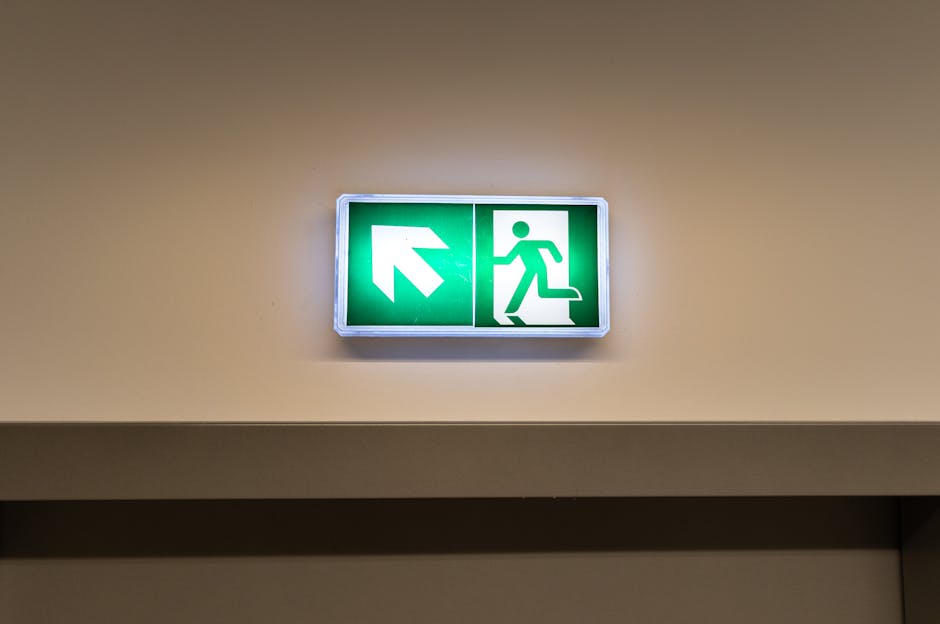No products in the cart.
Out of Office
The 'Out of Office' trend is reshaping workplace dynamics and career development strategies for millennials in India and beyond.
The ‘Out of Office’ (OOO) message is more than just an automated response; it has become a symbol of the evolving workplace. As we navigate through 2025, this trend highlights significant shifts in how professionals, especially millennials in India, approach worklife balance and career development.
Context: The Rise of Remote Work
In recent years, the traditional office setup has been challenged by the rise of remote work, a phenomenon accelerated by the pandemic. According to a report by the International Labour Organization, over 30% of global employees now work remotely at least part-time, with millennials leading this shift. In India, where the tech and startup culture is booming, the flexibility of remote work is particularly appealing to younger professionals who prioritize work-life integration.
The concept of being ‘out of office’ has transcended its original intent, evolving into a broader cultural narrative about how employees manage their time and productivity. For many, it signifies not just a physical absence from the workplace but a mental break from the constant connectivity that modern work demands.

Analysis: The Impact on Career Development
As the OOO message gains traction, it reflects deeper changes in career development strategies among millennials. Many are now advocating for more flexible work arrangements that allow them to pursue personal interests alongside their professional responsibilities. This shift is evident in the rise of the gig economy, where individuals take on multiple projects simultaneously, often using the OOO status to signal their availability for specific tasks while maintaining a broader portfolio.
Analysis: The Impact on Career Development As the OOO message gains traction, it reflects deeper changes in career development strategies among millennials.
This generational shift also influences how companies approach talent retention and recruitment. Employers are increasingly recognizing the need to offer flexible work options to attract top talent. A recent survey by LinkedIn revealed that 70% of millennials would consider leaving a job that does not offer remote work options, demonstrating how critical this factor has become in the job market.
Moreover, the OOO trend encourages a more open dialogue about mental health and well-being in the workplace. Companies that promote a culture of taking breaks and respecting boundaries often see increased employee satisfaction and productivity. Organizations are beginning to implement policies that encourage employees to take regular time off, aligning with the growing recognition that mental health is integral to overall performance.
Looking Forward: What Lies Ahead?
As we look to the future, the OOO message will likely continue to shape workplace dynamics globally. With technology evolving, we can expect to see more sophisticated tools that allow employees to manage their availability and productivity better. The integration of AI and machine learning into workplace software could facilitate smarter scheduling and automated responses, further streamlining the OOO experience.
Additionally, as remote work becomes more commonplace, the concept of ‘out of office’ may evolve to incorporate hybrid models. Organizations might begin to recognize that being OOO doesn’t necessarily mean being unproductive; rather, it could signal a shift towards results-oriented work environments where flexibility is paramount.
As we look to the future, the OOO message will likely continue to shape workplace dynamics globally.
In conclusion, the ‘Out of Office’ phenomenon is not just a passing trend but a reflection of the changing nature of work. As millennials in India and around the world continue to redefine their career paths, embracing flexibility and work-life balance becomes essential. The future of work will likely be characterized by a greater emphasis on personal well-being, innovative work arrangements, and a cultural shift towards valuing productivity over mere presence.











